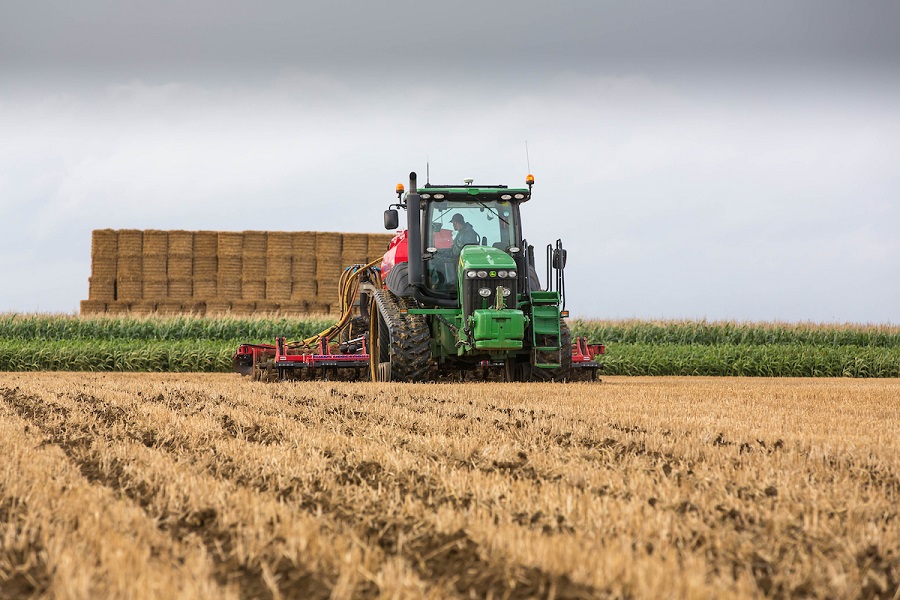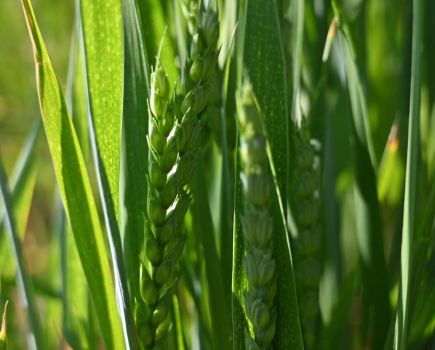While the world festers in more and more uncertainty, what we do know is that UK farming is going to undergo some significant changes in the coming months with regards to the way it operates, as a result of the new Agriculture Bill.
One of the key components of this is that growers are going to have to do more to protect and farm with the environment in mind. And when it comes to cultivations, British manufacturer, Sumo, believes it has the solution within its DTS strip-till system.
So how does it work?
DTS strip-till seeding is a conservation agriculture system that uses a minimum tillage approach that improves root development and soil carrying capacity, explains Mark Curtis, general manager at Sumo. “It combines the soil drying and warming benefits of conventional tillage with the soil-protecting advantages of no-till by disturbing only the portion of the soil into which the seed is placed.”
Alongside the savings in fuel, labour and machinery, using the DTS is also claimed to reduce seed and fertiliser rates due to precise strip placement, he adds.
When it comes to design, the DTS comprises a straight disc which cuts trash and initiates the rip line for the ensuing leg. “This is followed by a straight ripping shank which loosens to depth and creates an environment conducive to easy root development,” says Mark. “A tungsten tipped, depth adjustable twin row – or optional single chute – seed placement coulter capable of handling a wide variety of seeds then follows placing the seed.
“Covering discs follow and these simply re-direct soil over the seed before the final press wheels just firm the soil over the seed.”
The DTS coulters are set to spacings of 333mm and each coulter is independently mounted to ensure good contour following ability and seed-to-soil contact across difficult terrain.
As well as this, the DTS comes with simple calibration and metering, satellite speed monitoring, 120mm seed row spacing – with grain/fertiliser options also available, adds Mark.
The drill was part of a barn-busting strategy in 2019, when Kent grower Richard Budd achieved the highest yield in the oilseed YEN, using a DTS to plant his crop of Campus. “The DTS has revolutionised how we drill the farm over the past seven years,” he says.
With the future of trading agreements yet to be decided – and in light of the pressure faced by many manufacturers with European headquarters amid the Coronavirus outbreak – Sumo guarantees smooth supply thanks to its UK base. “Being a British manufacturer, 99% of our machines are manufactured in-house meaning we’re in a good position to continue to supply the UK agricultural market with little disruption. Not to mention having full control over quality.”
As the sector starts to understand the new Agriculture Bill – which lays out how farm subsidies will be received and what hoops farmers will have to jump through to get them – this is likely to cause a seismic shift within the industry, adds Mark. “The Bill is aimed at six main areas, productivity; efficiency; sustainability; diversification; added value and environment/biodiversity, all of which Sumo could place a machine with the end user to help them embrace a change – from a plough to minimum or zero-till farming practices.”




